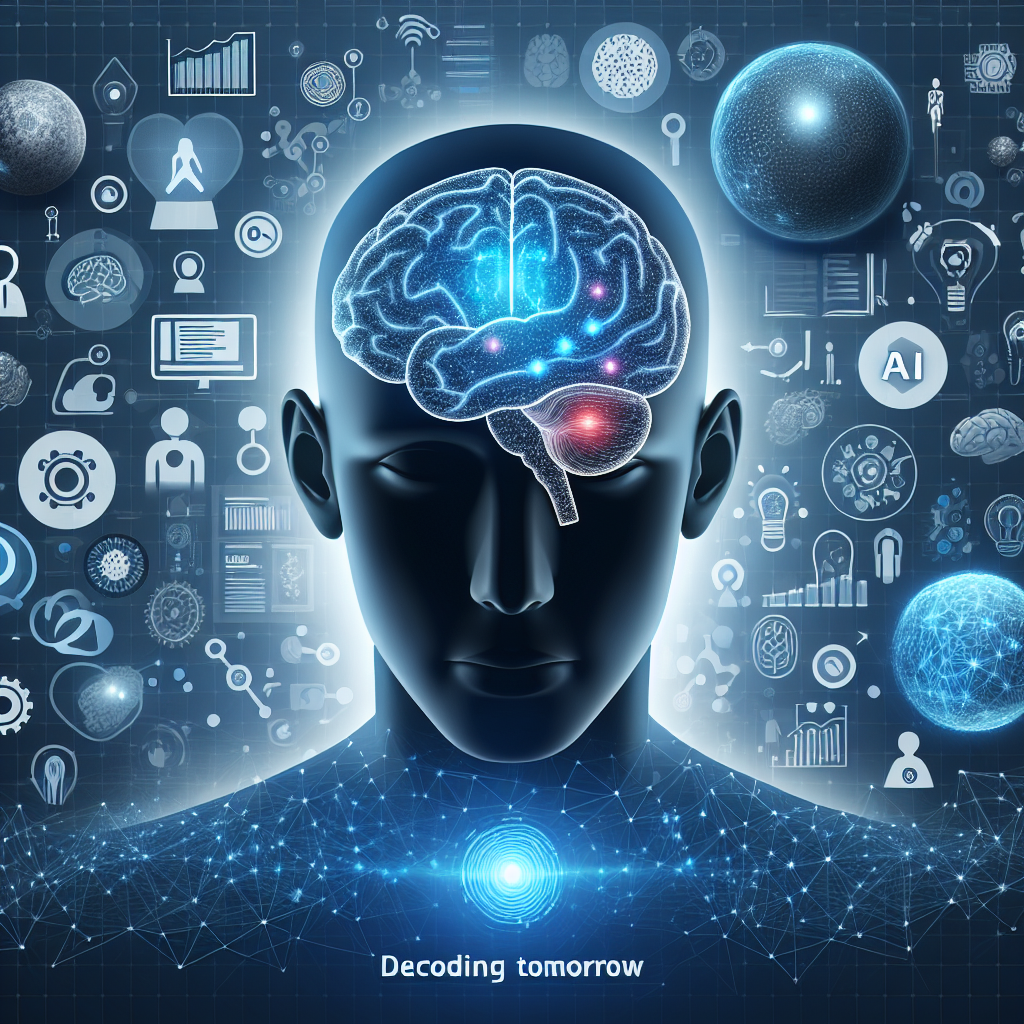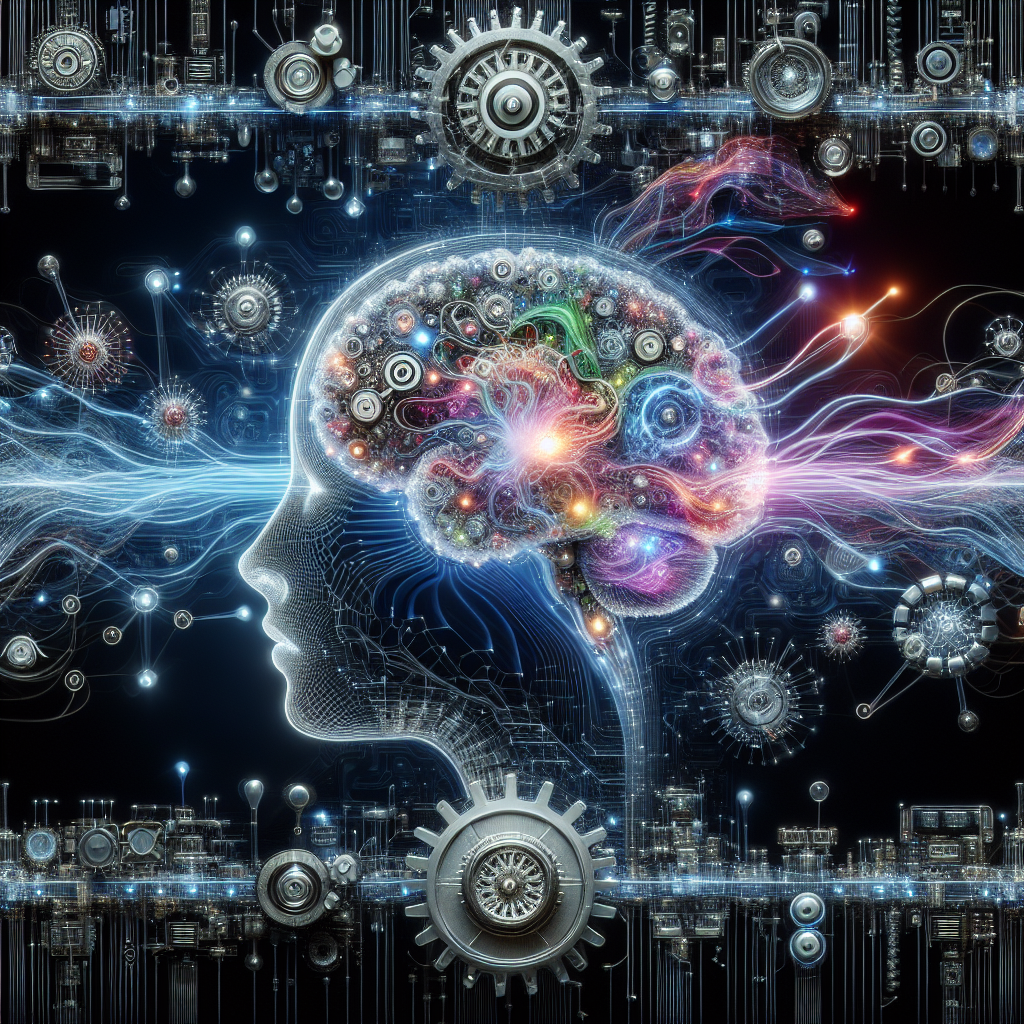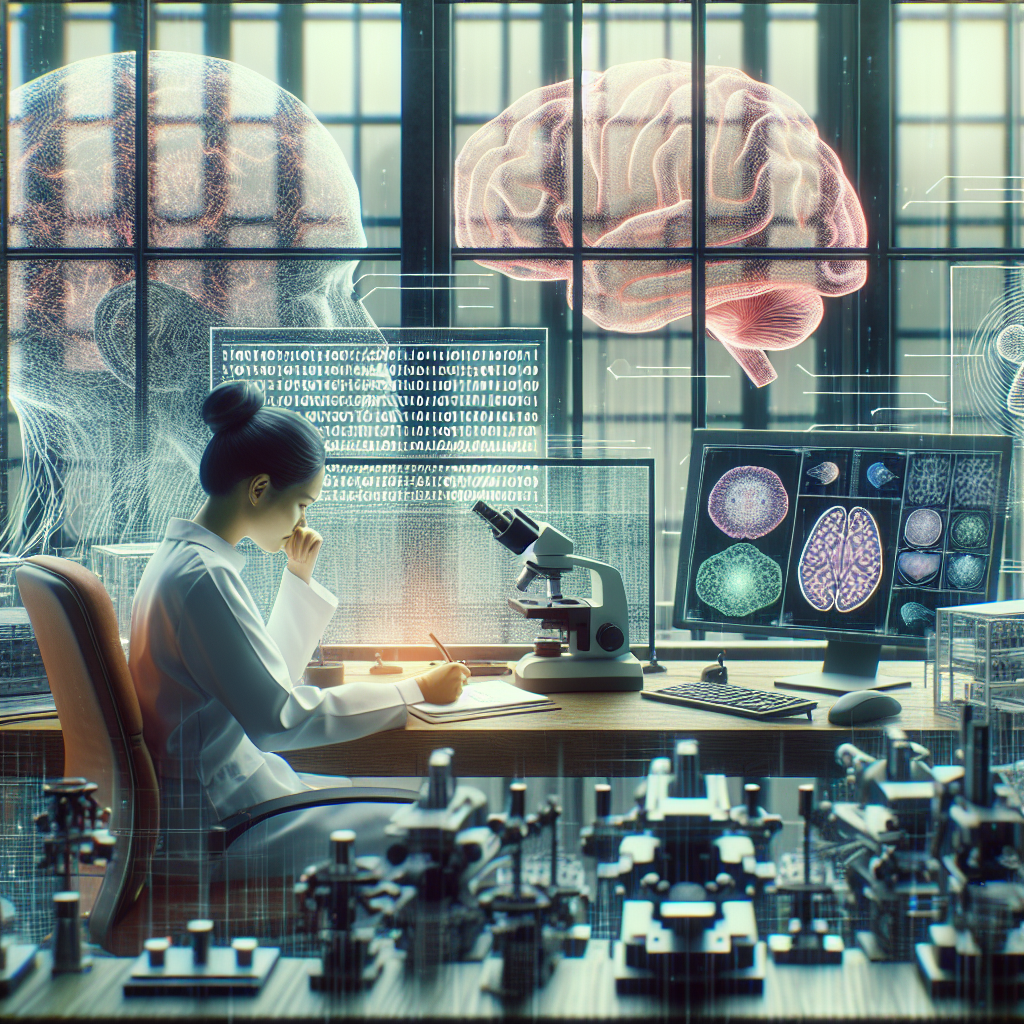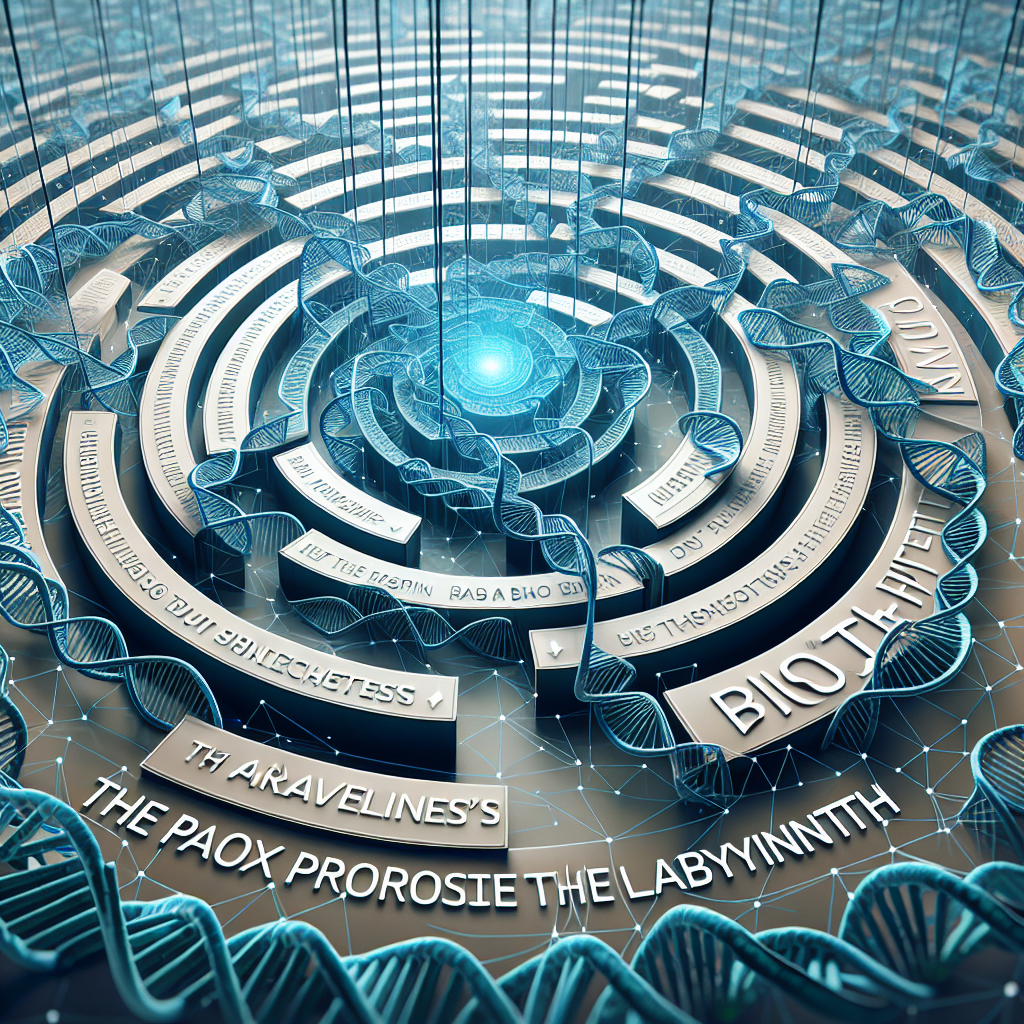Decoding Tomorrow: Neuroscience and the AI Evolution
Delve into the future of neuroscience, unfolding the trends and transformations driven by artificial intelligence.


In the fascinating world of neuroscience, a new dawn is breaking. What if the disruption we perceive in the technological landscape was actually an excellence advantage? This might sound like a futuristic riddle, but it’s where we stand today in the field of neuroscience.
Emerging trends suggest that our understanding of the brain and its intricate functionalities is poised for a significant leap forward. Thanks to AI-driven research, we are witnessing an evolution that once seemed like science fiction.
One such trend is what some experts refer to as the ‘Singularity Evolution’. This concept suggests that human intelligence and artificial intelligence are on a path to merge, leading to an era where machine learning and human cognition will become indistinguishable.

The second trend is the ‘Manifest Revolution’, an AI-driven force that is revolutionizing how we understand, diagnose, and treat neurological disorders. From Parkinson’s disease to Alzheimer’s, AI is reshaping our approach, improving accuracy, and unveiling new treatment possibilities.
Lastly, we have the ‘Exponential Transformation’. This trend captures the rapid growth and advancement in AI technologies, both in sophistication and accessibility. It refers to AI’s potential to accelerate the pace of neuroscience research exponentially.
But these promising trends do not come without challenges. One significant bottleneck is the vast quantities of data required for AI to function effectively. Additionally, ethical considerations surrounding AI use in neuroscience research present another hurdle.
Despite these challenges, the future success of AI in neuroscience looks promising. Experts predict that AI will become an integral tool in neuroscience research, contributing to breakthroughs in understanding the human brain and developing therapies for neurological disorders.
A key strategy to adapt to this AI-driven future lies in the adoption of ‘Adaptation Vector Strategies’. These involve a paradigm shift in our approach to neuroscience research. Embracing AI as a tool rather than a threat, fostering AI literacy among researchers, and investing in AI infrastructure are crucial steps in this direction.
Preparing for the AI-driven future of neuroscience requires a balanced approach. While we must harness the power of AI for research and treatment, we must also ensure ethical guidelines are in place to prevent misuse and protect patient privacy.
In conclusion, the future of neuroscience is set for a revolutionary resolution. It’s a nonlinear action plan that involves embracing disruption, adapting to change, and above all, remaining open to the limitless possibilities that AI brings to the table.


